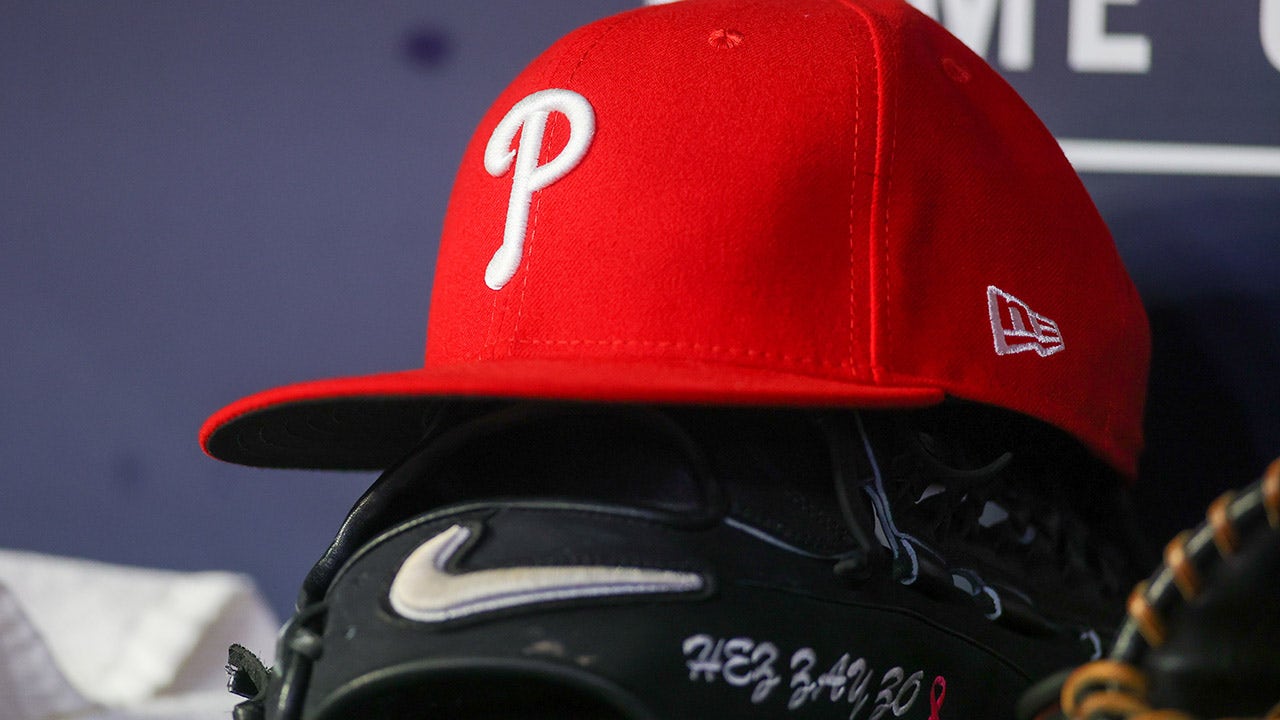‘World Athletics needs to do more’: Aaron Brown wants athletes involved in shared decision-making

Longtime Canadian sprinter Aaron Brown believes all athletes in an Olympic final, not only the winner, should be paid thousands of dollars by World Athletics when the best in track and field gather this summer in Paris.
Brown, who has previously shared his views about athlete compensation on social media, was responding to the recent decision by the sport’s governing body to award $50,000 US to Olympic champions across 48 events from its share of the International Olympic Committee’s multi-billion dollar income.
“I’d like to see all finalists in the Olympics make money to make it adjacent to the world championships,” Brown told CBC Sports. “I’d like to see more compensation for the athletes who perform well.”
He added the latest move was long overdue but is encouraged by the progression.
A World Athletics spokesperson told CBC Sports its decision “underscores its commitment to empowering the athletes and recognizing the critical role they play in the success of any Olympic Games.
Payment for silver and bronze medallists are planned to start from the 2028 Summer Olympics in Los Angeles.
“It signals [World Athletics] is putting an effort toward 2028 to finally revitalize the support structure for the athletes,” said Brown, who earned 2016 Olympic relay bronze in Rio and was part of the Canadian squad upgraded to silver three years ago in Tokyo. “I wasn’t sure it would [happen] while I was still active as an athlete.”
Will prize money affect work by governing bodies?
World Athletics president Sebastian Coe said the awarding of money acknowledged “athletes are the stars of the show” but his decision was met with criticism from other Olympic sports bodies.
The Association of Summer Olympic International Federations (ASOIF) suggested “not all sports could or should replicate this move, even if they wanted to.” Paying prize money “goes against the principle of solidarity” and could take money away from governing bodies’ work that was their duty compared to commercial promoters of sports events.
The backlash from Olympic sports, whose leaders are among about 100 IOC members who elect the president, likely was predicted by Coe, who has elevated the issue of how to reward athletes in the often-insular world of IOC politics.
I watch other sports [that] operate more professionally increase the revenue for their athletes year over year because the overall business of the sport is growing.— Canadian track runner Aaron Brown
Brown, who first appeared in a Diamond League race in May 2015, said as the yearly cost of living increases with inflation, he would like prize money offered on the professional track and field circuit and at other meets to rise.
The three-time Olympian explained prize money on the pro circuit has been stagnant or, in some cases, on the decline. It’s a sentiment shared by his relay teammate Andre De Grasse, a six-time Olympic sprint medallist and 2021 champion in the 200.
“World Athletics needs to do more to drastically increase this by changing the strategy of how the sport is marketed and presented to its audience.”
The tables below show the comparison between the payout for track and field athletes competing at the Olympics, World Athletics Championships, on the Continental Tour and Diamond League.
<a href=”https://twitter.com/FitzDunk?ref_src=twsrc%5Etfw”>@FitzDunk</a> I updated your chart 😂 <a href=”https://t.co/1EeL65LPeu”>pic.twitter.com/1EeL65LPeu</a>
—@speedendurance
‘More transparency’ needed
Brown, who has competed in the 100, 200 or relay events at six world championships, suggested appearance fees be made public so athletes understand how the directors at each meet allocate their budget and can highlight the discrepancies in budgets from meet to meet.
“Perhaps putting more into the prize money pot as opposed to the appearances would make athletes want to compete more often,” said the Toronto native. “More transparency would allow us to know where [money] is being spent, what athletes are willing to show up and compete and establish a true market akin to other sports.”
World Athletes countered by saying prize money for an Olympic champion represents only one facet of athlete support.
“Eighty per cent of World Athletics income goes back into the sport, with the remainder covering administrative, governance and legal costs, including the fight against doping.
According to Brown, World Athletics must find a way to incentivize the biggest stars to want to promote the sport and compete more often,” and suggested scheduling the world championships at the end of the season to provide a storyline for fans to follow.
World Athletics said an $8.5 million prize fund was offered at worlds last summer in Budapest, Hungary, a $1 million increase from the previous year in Eugene, Ore., according to the spokesperson.
Athletes want to be partners in the decision-making process, said Brown, who emphasized the need for a track union with voting power, ownership and “the teeth” to make necessary change so athletes have incentive to help grow the sport.
“We can present ideas we believe … could increase the appeal to a modern audience,” he said, “especially if the goal is to become one of the most popular sports by L.A. 2028, as he [Coe] has previously stated.”




